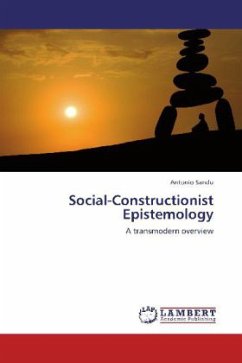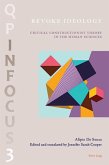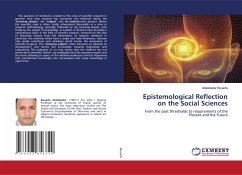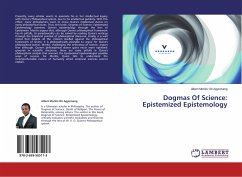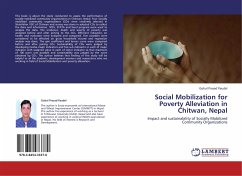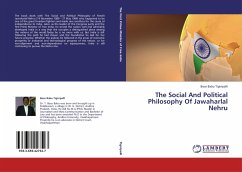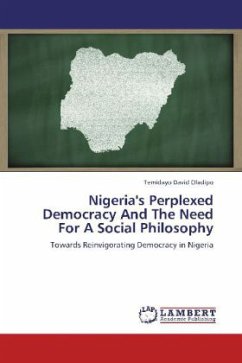Volume "Social-Constructionist Epistemology" brings into the readers attention the most important developments that were made around the transmodernity paradigm. During its eight chapters we intend to emphasize the close connection between areas such as: communication and semiotics, transmodernity, scientific authorship, epistemology, social constructionism, philosophy, ethics, quantum metaphysics, and appreciative inquiry. This paper is based on identifying the cultural models and cognitive patterns that make possible the comprehensive opening, in the meaning of rethinking ethics in terms of transmodern paradigm. The base of this research is represented by a methodology that we called fractal constructionism. This concept is a paradigm taken from the sociology of communication, which tells us that reality is a construct "made by symbolic interacting of maps of the world of various individuals". In this sense, the idea of fractal implies a fundamental structural element and a generating law. The human being is designed to succeed and his success is produced thanks to the evolution of world, and most of all, thanks to development, creativity and understanding.
Bitte wählen Sie Ihr Anliegen aus.
Rechnungen
Retourenschein anfordern
Bestellstatus
Storno

